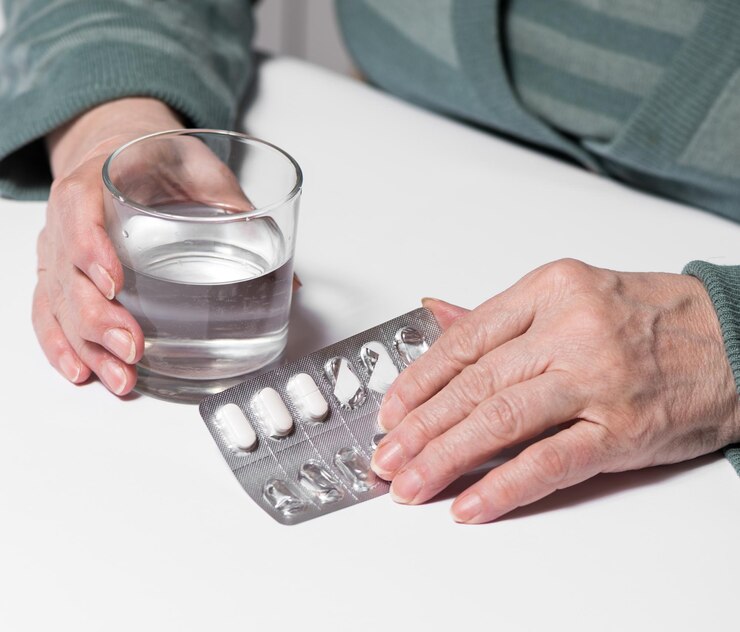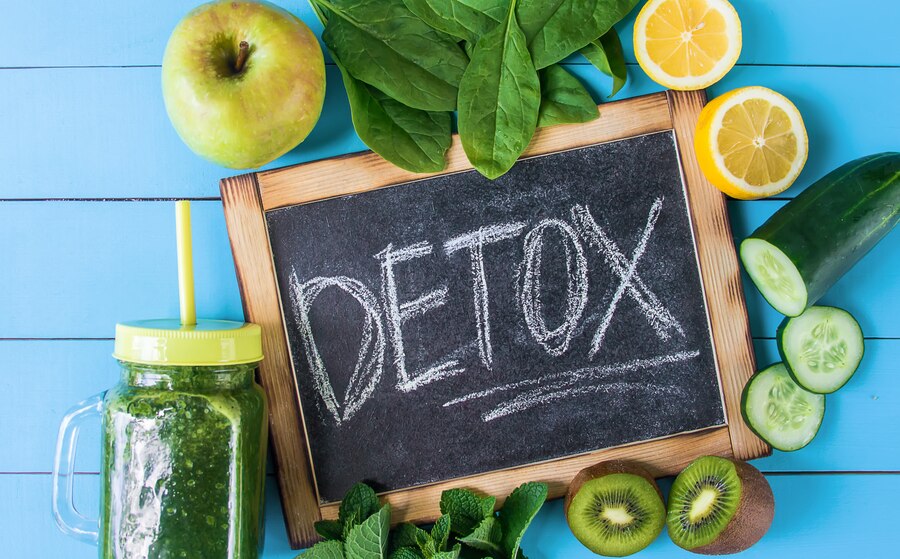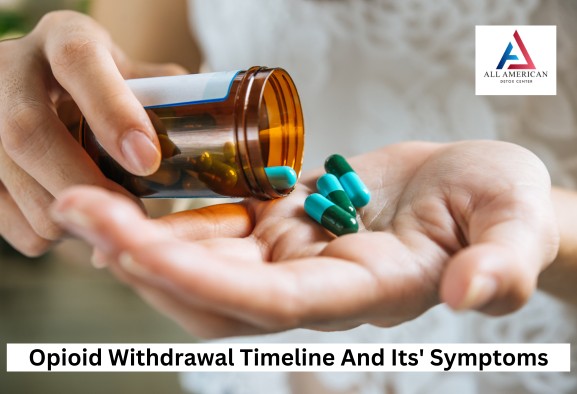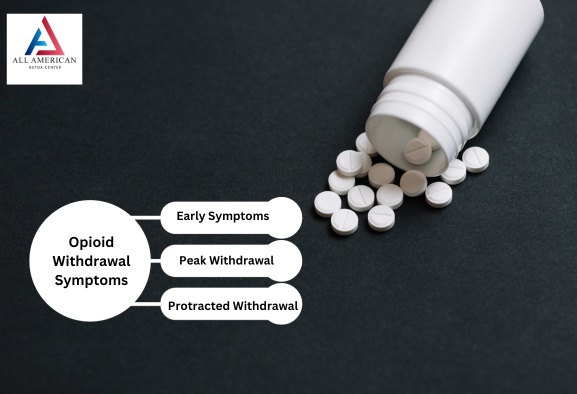Supporting a loved one through the detox process can be an emotionally and physically taxing journey, but it is also a profoundly important one. Detoxification, or detox, is the critical first step in the recovery process from substance abuse, helping individuals rid their bodies of harmful toxins and prepare for long-term rehabilitation. While the individual undergoing detox faces the most immediate challenges, the role of family members and close friends cannot be overstated. Their support can make a significant difference in the success of this arduous path.
This article aims to serve as a comprehensive guide for families seeking to support their loved ones through detox, specifically utilizing the resources provided by All American Detox. We will delve into what detox entails, its importance, and common misconceptions surrounding it. Furthermore, we will explore various strategies for offering emotional and practical support, and how to create a safe and nurturing environment for someone undergoing detox.
Additionally, we will highlight the invaluable resources offered by All American Detox, including professional counseling, educational materials, and family support groups. By equipping families with the right knowledge and tools, this article seeks to empower them to be pillars of strength and encouragement during one of the most challenging yet transformative times in their loved one’s life.
Understanding Detox
Detoxification, often referred to simply as “detox,” is a critical first step in the journey towards recovery from substance abuse. It involves the process of eliminating toxic substances from the body, primarily focusing on drugs and alcohol. Understanding detox is essential for families looking to support a loved one through this challenging yet crucial phase.
What is Detox?
Detox is a medically supervised process where individuals abstain from addictive substances to allow their bodies to cleanse and begin to heal. This phase addresses the physical dependence on drugs or alcohol, helping to manage withdrawal symptoms that can range from mild to severe. The goal is to stabilize the individual medically and prepare them for the next stages of treatment.
The Importance of Detox
Detox is a foundational step in the recovery process for several reasons. First, it provides a safe environment where withdrawal symptoms can be managed effectively, reducing the risk of complications. Secondly, it helps to clear the mind, allowing individuals to engage more fully in subsequent therapeutic interventions. Detox lays the groundwork for long-term recovery by breaking the physical hold of addiction, making it possible for individuals to focus on healing their psychological and emotional health.
Common Misconceptions
There are several misconceptions about detox that can create unnecessary fear or false expectations. One common myth is that detox alone is sufficient for recovery. In reality, detox is just the beginning; ongoing therapy and support are crucial for lasting sobriety. Another misconception is that detox is unbearably painful. While withdrawal can be uncomfortable, medical supervision and modern treatments can significantly alleviate symptoms. Lastly, some believe that detox can be done at home without professional help. This is not only unsafe but can also be life-threatening, especially for substances like alcohol and benzodiazepines, where withdrawal can cause severe complications such as seizures.
Understanding the intricacies of detox can help families provide the appropriate support and set realistic expectations as their loved ones embark on the path to recovery.
Supporting Your Loved One
Supporting a loved one through detox is a complex and emotionally challenging journey that requires both understanding and active involvement. Detoxification is often the first critical step in the recovery process, and the role of family members cannot be overstated. Here’s how you can provide the necessary support to help your loved one navigate this difficult period.
Emotional Support Strategies
Emotional support is the cornerstone of assisting a loved one through detox. The process can be physically and mentally taxing, and having a strong emotional support system can make a significant difference.
- Listen Actively: Be present and listen without judgment. Your loved one needs a safe space to express their fears, frustrations, and hopes. Active listening involves maintaining eye contact, nodding, and responding thoughtfully.
- Offer Encouragement: Celebrate small victories and milestones. Positive reinforcement can help boost their morale and reinforce the idea that recovery is achievable.
- Be Patient: Detox can be a long and arduous journey. There will be ups and downs, and your patience can provide a sense of stability and reassurance.
Practical Assistance
Beyond emotional support, practical assistance can alleviate some of the burdens your loved one may face during detox.
- Help with Daily Tasks: Offer to assist with daily responsibilities such as cooking, cleaning, or running errands. This allows your loved one to focus entirely on their recovery.
- Manage Appointments: Keep track of medical appointments, therapy sessions, and support group meetings. Your involvement can ensure they don’t miss critical treatments or interventions.
- Provide Nutritional Support: Proper nutrition is vital during detox. Prepare balanced meals that can aid in the healing process and provide the necessary energy to endure the challenges of detoxification.
Creating a Safe Environment
Creating a safe and supportive environment is essential for a successful detox process. Your home should be a sanctuary where your loved one feels secure and cared for.
- Remove Triggers: Identify and eliminate any items or situations that might trigger cravings or stress. This might include alcohol, drugs, or even certain social settings.
- Establish Routines: Consistency can be incredibly comforting. Establishing a daily routine that includes time for rest, meals, and activities can help create a sense of normalcy.
- Encourage Healthy Activities: Promote activities that contribute to overall well-being, such as exercise, meditation, or hobbies that your loved one enjoys.
Supporting a loved one through detox requires a multifaceted approach that combines emotional, practical, and environmental strategies. By providing comprehensive support, you can significantly contribute to their journey towards recovery and help build a foundation for long-term sobriety.

Resources Provided by All American Detox
Supporting a loved one through detox can be an emotionally taxing and complex journey. Fortunately, All American Detox offers a comprehensive suite of resources designed to assist families and their loved ones during this critical time. Their holistic approach ensures that all aspects of the detox process are addressed, providing the necessary tools for both the individual and their support network.
Professional Counseling
Navigating the emotional and psychological challenges of detox requires expert guidance. All American Detox offers professional counseling services that cater to both the individual undergoing detox and their family members. Licensed therapists and counselors provide one-on-one sessions, group therapy, and family counseling to help everyone involved understand the detox process, manage stress, and develop coping strategies. These sessions are essential for addressing underlying issues, fostering open communication, and ensuring that families are equipped to offer the best support possible.
Educational Materials
Knowledge is a powerful tool in the journey through detox. All American Detox provides an extensive range of educational materials designed to inform and empower families. These resources include pamphlets, brochures, and online articles that cover various topics such as the stages of detox, what to expect during the process, and how to support a loved one effectively. Additionally, they offer webinars and workshops led by experts in the field, providing deeper insights and practical advice. By equipping families with this information, All American Detox helps demystify the detox process and dispel common misconceptions.
Family Support Groups
The journey through detox can often feel isolating, not just for the individual undergoing detox but also for their family. Recognizing the importance of community and shared experiences, All American Detox offers family support groups. These groups provide a safe and non-judgmental space where family members can share their experiences, challenges, and successes with others who are in similar situations. Facilitated by experienced professionals, these support groups offer emotional solace and practical advice, fostering a sense of solidarity and mutual understanding among participants.
Through these carefully curated resources, All American Detox ensures that families have access to the professional support, educational tools, and community connections necessary to navigate the detox process successfully. By addressing the emotional, informational, and communal needs of families, they create a supportive environment that significantly enhances the chances of a successful detox and long-term recovery.
Supporting a Loved One Through Detox
Supporting a loved one through the detox process can be both challenging and emotionally taxing, but it is a crucial step towards their recovery and overall well-being. Understanding the intricacies of detox, offering unwavering emotional support, providing practical assistance, and ensuring a safe environment are all essential elements in this journey. All American Detox stands as a valuable resource, offering professional counseling, comprehensive educational materials, and dedicated family support groups to aid families during this critical time.
Detox is not just a physical process but an emotional and psychological one, necessitating a holistic approach to care and support. By leveraging the resources and support systems available through All American Detox, families can navigate this difficult period with greater confidence and efficacy. Remember, your support plays an integral role in your loved one’s recovery, and with the right tools and guidance, you can make a significant difference in their journey towards a healthier, more fulfilling life.
In conclusion, while the path through detox can be fraught with obstacles, it is also a path of hope and renewal. Armed with knowledge, compassion, and the robust support network provided by All American Detox, families can help their loved ones not only survive but thrive through the detox process. Together, we can pave the way for recovery, resilience, and a brighter future
FAQs
FAQ 1: What role do families play in supporting a loved one through the detox process?
Answer: Families play a crucial role in supporting a loved one through the detox process by providing emotional support, encouragement, and creating a stable and understanding environment that fosters recovery.
FAQ 2: How can families educate themselves about the detox process to better support their loved one?
Answer: Families can educate themselves about the detox process by seeking information from reputable sources, attending educational workshops, and consulting with healthcare professionals to gain a better understanding of what their loved one is experiencing during detox.
FAQ 3: What are some common challenges that families may face when supporting a loved one through detox, and how can they overcome these challenges?
Answer: Common challenges that families may face when supporting a loved one through detox include communication barriers, emotional distress, and uncertainty about how to best offer support. Overcoming these challenges involves open communication, seeking professional guidance, and accessing supportive resources.
FAQ 4: How can families access resources to help them navigate the process of supporting a loved one through detox?
Answer: Families can access resources by reaching out to treatment centers, joining support groups, and utilizing online platforms that offer educational materials, guidance, and peer support to help them navigate the process of supporting a loved one through detox.
FAQ 5: What are some self-care strategies for families to maintain their own well-being while supporting a loved one through detox?
Answer: Self-care strategies for families include seeking support from their own networks, practicing stress-reducing activities, setting boundaries, and prioritizing their own mental and emotional well-being while supporting a loved one through detox.
FAQ 6: How can families communicate effectively with their loved one during the detox process?
Answer: Families can communicate effectively with their loved one during the detox process by expressing empathy, actively listening, and maintaining open and honest dialogue to create a supportive and understanding environment.
FAQ 7: What are the signs that a loved one may need professional help during the detox process, and how can families recognize and respond to these signs?
Answer: Signs that a loved one may need professional help during detox include severe withdrawal symptoms, intense emotional distress, and physical health concerns. Families can recognize and respond to these signs by seeking immediate professional assistance and providing ongoing support.
FAQ 8: How does All American Detox support families in understanding and assisting their loved ones through the detox process?
Answer: All American Detox supports families by offering educational resources, family therapy sessions, and guidance on how to best support their loved ones through the detox process, aiming to equip families with the knowledge and tools they need to be effective sources of support.
FAQ 9: What are the benefits of involving families in the detox process, and how does All American Detox facilitate family involvement?
Answer: Involving families in the detox process creates a strong support network for the individual in detox and can lead to improved treatment outcomes. All American Detox facilitates family involvement through educational programs, family therapy, and ongoing communication to ensure families are informed and engaged.
FAQ 10: How can families continue to support their loved one after the detox process is complete, and what resources are available to assist them in this transition?
Answer: Families can continue to support their loved one after the detox process by participating in aftercare programs, attending family therapy sessions, and accessing community support groups. All American Detox offers resources to assist families in this transition, ensuring ongoing support for both the individual in recovery and their loved ones.




















